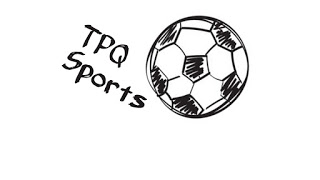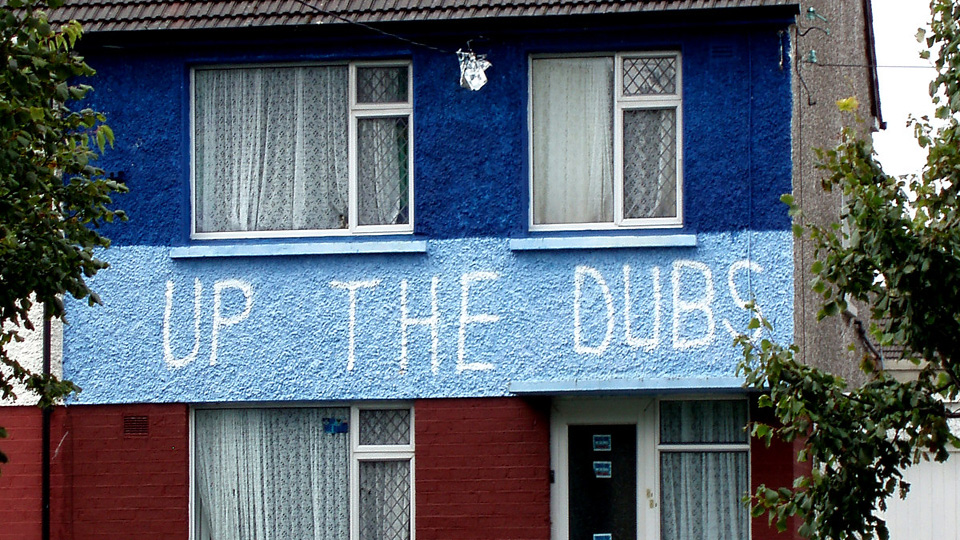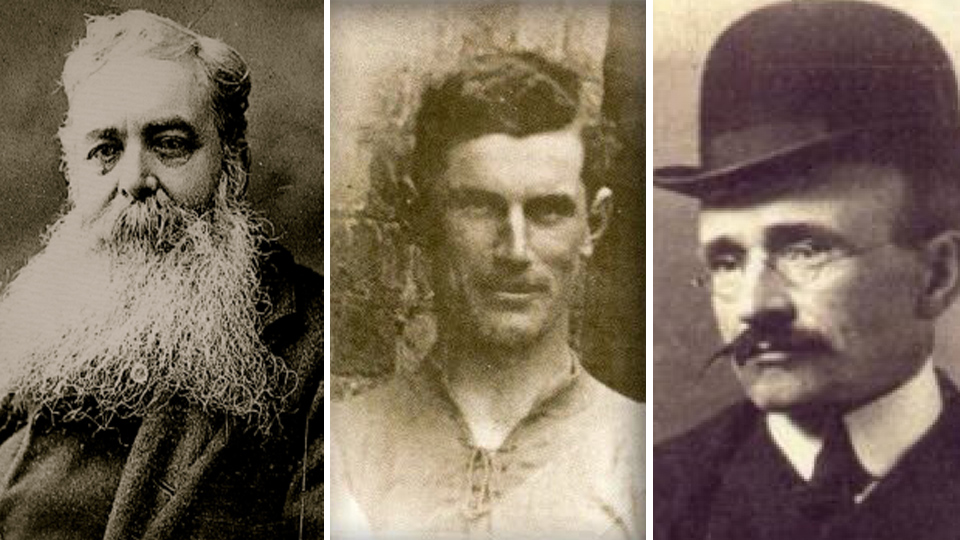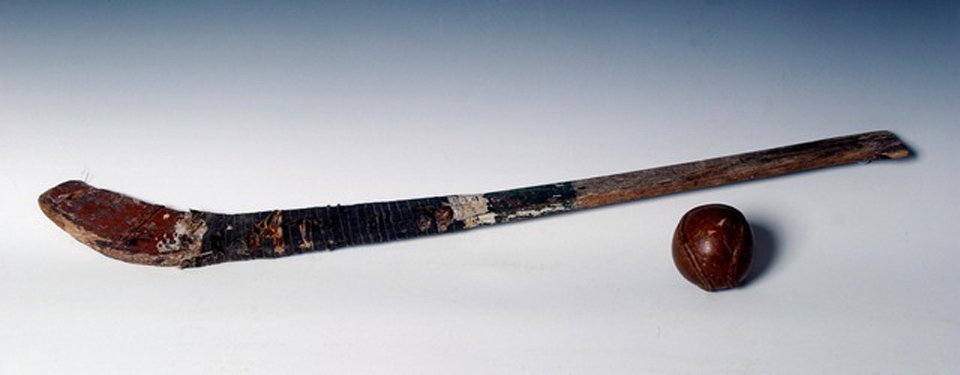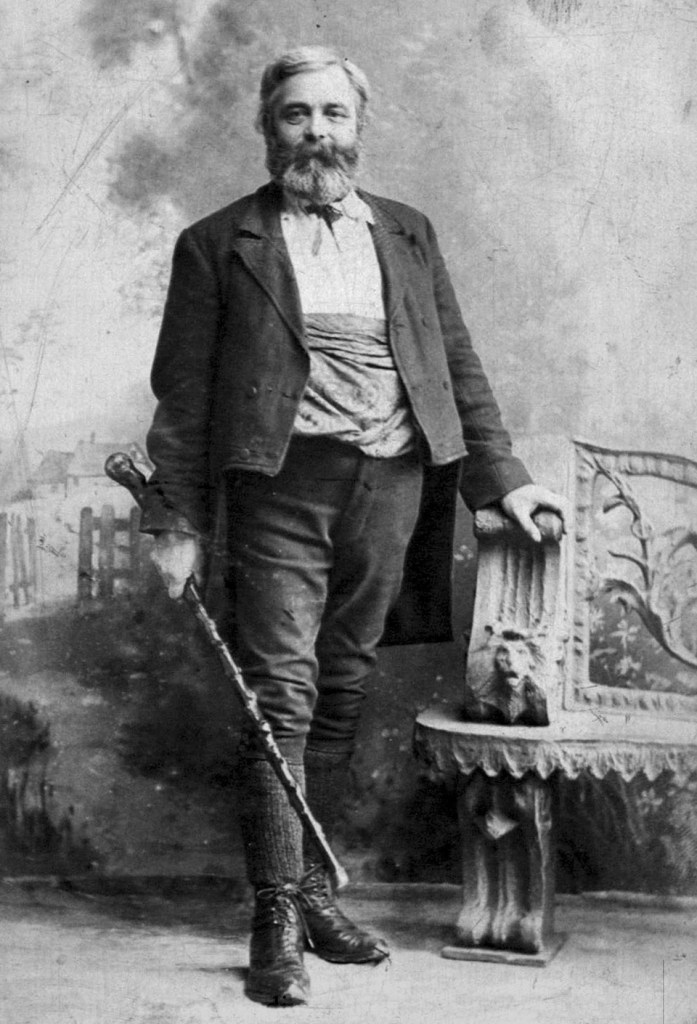Pádraic Mac Coitir ⚽ I've been to a number of county matches this year, most of them to watch Aontroim, and like others came away scratching my head.
We all know that the hurling has been great and there have been very few bad matches, but that's sport.
Since the championship started I've fancied Ciarraí and until this weekend I thought they were a certainty but the Dubs have shown they're gonna be hard to beat.
Before the throw in today I wanted Doire to win but thought Ciarraí would just win by a point or two. I was delighted to see Doire start so positively and as the match progressed I was certain they'd win.
This brings me to the point about football. I've always said that teams should go for scores from out the field and as we saw both teams scored very good points. Yes, goals are important but they're hard to come by against good defences. It's no coincidence the Dubs and Ciarraí have dominated the football in recent years but they can be beaten. They play, for the most part, positive football. Doire and other Ulster teams have shown they are up there, especially when they play positively so hopefully next year they'll abandon that negative stuff that puts people off.
If I was a Doire player, or even a supporter, I'd be pulling my hair out watching the Sunday Game knowing the game was there to be won.
I'm one of the lucky ones who got a ticket for the hurling final and I'm absolutely delighted. I've been to a right few finals over the years but what really annoys me is how dear they are-90 euro. A friend paid for mine so it's easy for me to be critical.
Just think of the thousands of supporters throughout the country who go to club and county matches and who would love to go to a final. If, for instance, two parents and two children want to go to the match it's 90 euro each. That's on top of the travel, food etc. I know it's a special occasion but the GAA is a very rich organisation and some of their 'top' people get paid megabucks. We all know about the shenanigans within RTÉ and it wouldn't surprise me if something similar comes out about the hierarchy of the GAA.
Having said all that this could be a great match but I've fancied Luimneach all year so I'm going for them to win in extra time. The Cats are also great but because I was bought a retro Luimneach top I'll be wearing it and cheering on the lads in green...
Since the championship started I've fancied Ciarraí and until this weekend I thought they were a certainty but the Dubs have shown they're gonna be hard to beat.
Before the throw in today I wanted Doire to win but thought Ciarraí would just win by a point or two. I was delighted to see Doire start so positively and as the match progressed I was certain they'd win.
Unfortunately they made some mistakes up front and as we saw Ciarraí were very lucky to win in the end.
This brings me to the point about football. I've always said that teams should go for scores from out the field and as we saw both teams scored very good points. Yes, goals are important but they're hard to come by against good defences. It's no coincidence the Dubs and Ciarraí have dominated the football in recent years but they can be beaten. They play, for the most part, positive football. Doire and other Ulster teams have shown they are up there, especially when they play positively so hopefully next year they'll abandon that negative stuff that puts people off.
If I was a Doire player, or even a supporter, I'd be pulling my hair out watching the Sunday Game knowing the game was there to be won.
⚽⚽⚽
I'm one of the lucky ones who got a ticket for the hurling final and I'm absolutely delighted. I've been to a right few finals over the years but what really annoys me is how dear they are-90 euro. A friend paid for mine so it's easy for me to be critical.
Just think of the thousands of supporters throughout the country who go to club and county matches and who would love to go to a final. If, for instance, two parents and two children want to go to the match it's 90 euro each. That's on top of the travel, food etc. I know it's a special occasion but the GAA is a very rich organisation and some of their 'top' people get paid megabucks. We all know about the shenanigans within RTÉ and it wouldn't surprise me if something similar comes out about the hierarchy of the GAA.
Having said all that this could be a great match but I've fancied Luimneach all year so I'm going for them to win in extra time. The Cats are also great but because I was bought a retro Luimneach top I'll be wearing it and cheering on the lads in green...








